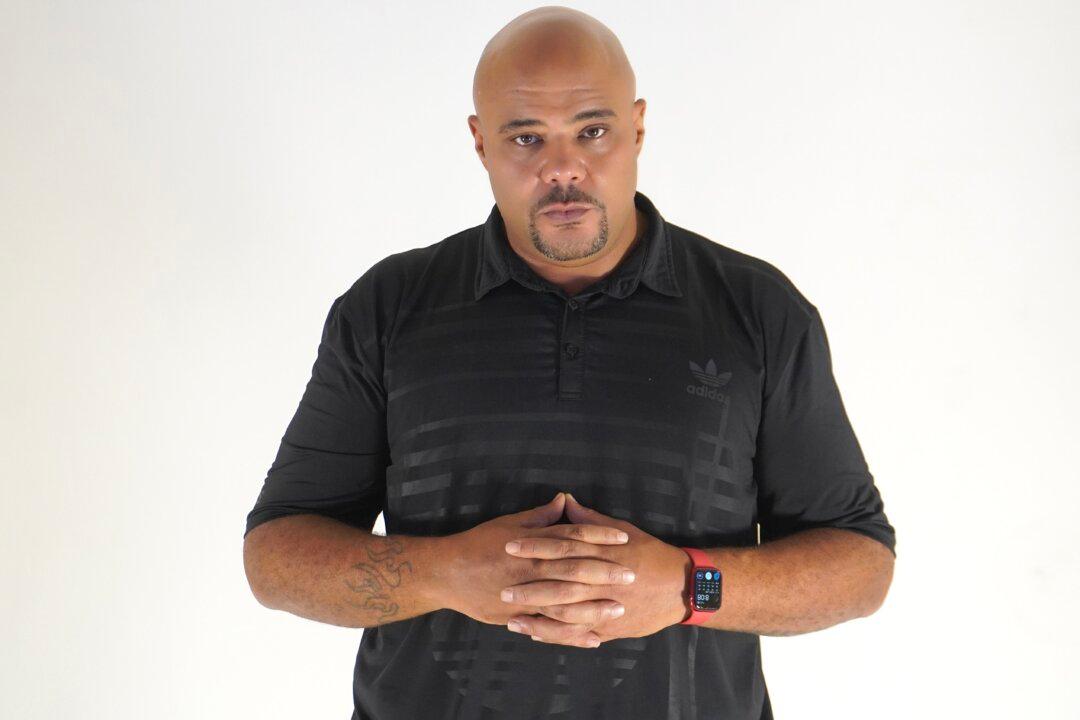A desire for power and a sense of belonging enticed Marcell Wilson into a life of crime at the age of 13.
And it was the love of a woman and her two small daughters that changed his life 15 years later.

A desire for power and a sense of belonging enticed Marcell Wilson into a life of crime at the age of 13.
And it was the love of a woman and her two small daughters that changed his life 15 years later.